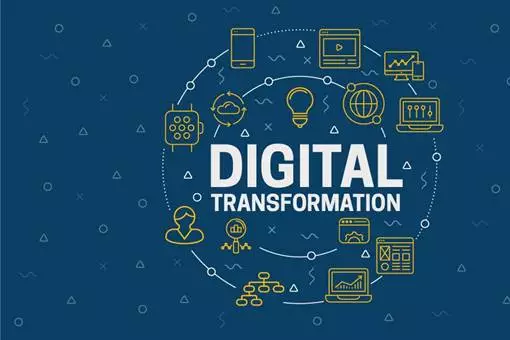Why Are Businesses Stuck on Windows XP?
- 3rd April 2014
- Innovation & Technology
Microsoft is less than a week away from ending support for Windows XP. So why are so many companies still using the outdated system?
It’s safe to say that for many companies, Microsoft products have been fundamental to their success. Some of the world’s biggest – and smallest – businesses have been built and expanded on the back of Windows, not least for the Microsoft Office suite. But it seems that the relatively high cost of upgrades has put many firms off updating to the latest version.
The issue has become apparent now that the company has announced its plans to stop providing support for Windows XP and Office 2003 as of 8 April. Security patches and other software updates that have usually been seen as vital to keeping the systems running at their best will no longer be available. The company is instead suggesting that users update to Windows 8 Pro and the latest version of Office.
Admittedly, it does make sense that Microsoft is trying to encourage businesses and home users to upgrade to the latest package. Newer versions come with better security features and even if there were no other advantages, it would make sense that businesses should make the most of them.
But the effect on the business world could potentially be serious, after new research from AppSense revealed that 77 per cent of UK companies are still using Windows XP for at least some business functions. More worryingly, fewer than one in three planned to pay for extended support.
“Windows XP has been a victim of its own success,” said Bob Tarzey, Quocirca analyst and director. “It has proved to be a solid, stable and very widely used operating system and as a result it is deeply rooted in the many businesses.”
Moreover, a number of businesses will struggle to upgrade and keep their businesses functioning – in a column in the Inquirer, Egan Orion says that many of his clients use systems that are supported by Windows XP, but not by later versions. As a result, they face a choice between running the risk of security breaches or watching their business collapse.
There will also be consequences for the banking industry: most cash machines run on XP and banks will have to pay out millions to upgrade all of their ATMs unless they pay for the extended support. Either way, it looks as though XP has not lost its hold on the business world in spite of the consequences for firms.
Other News
How Leadership Shapes Digital Transformation
Being digitally driven is a necessity right now for every business, but just acquiring new technology isn’t enough as implementation…
Top 3 Big Data Trends in 2020
Data and technology have made their way into our lives and have forever changed the way we use the internet.…
Technology failures changing consumer attitudes in banking, study shows
A study from data analytics firm Consumer Intelligence has highlighted the impact of technology failures in banking, with more than…



